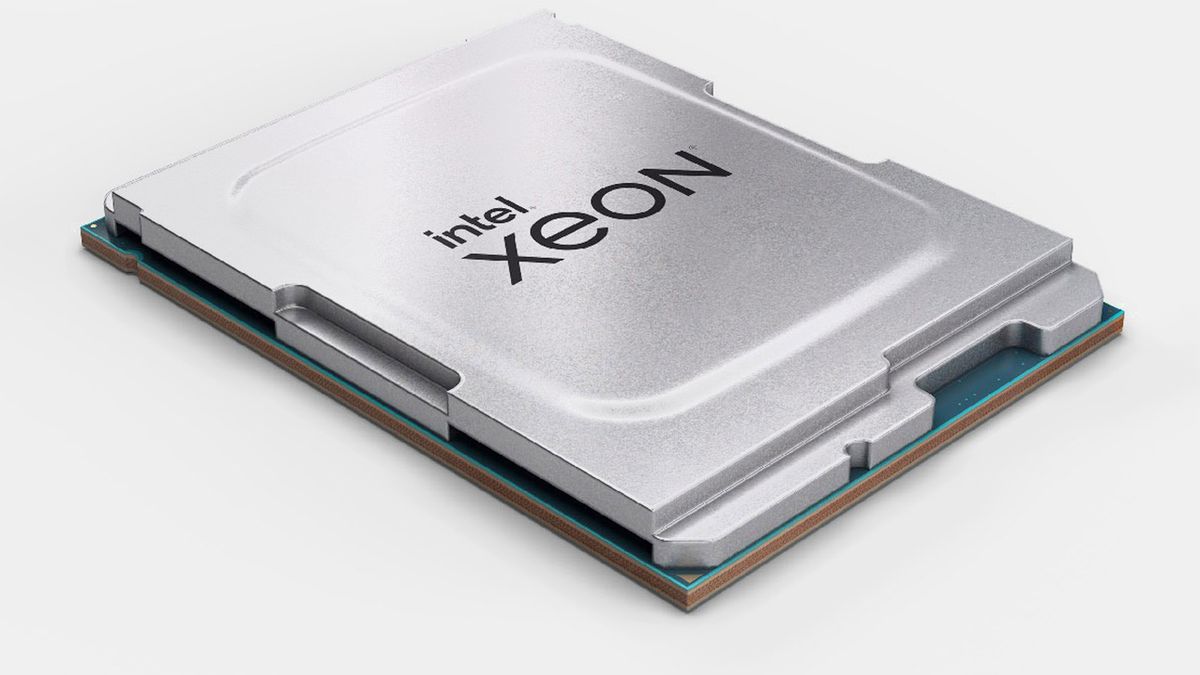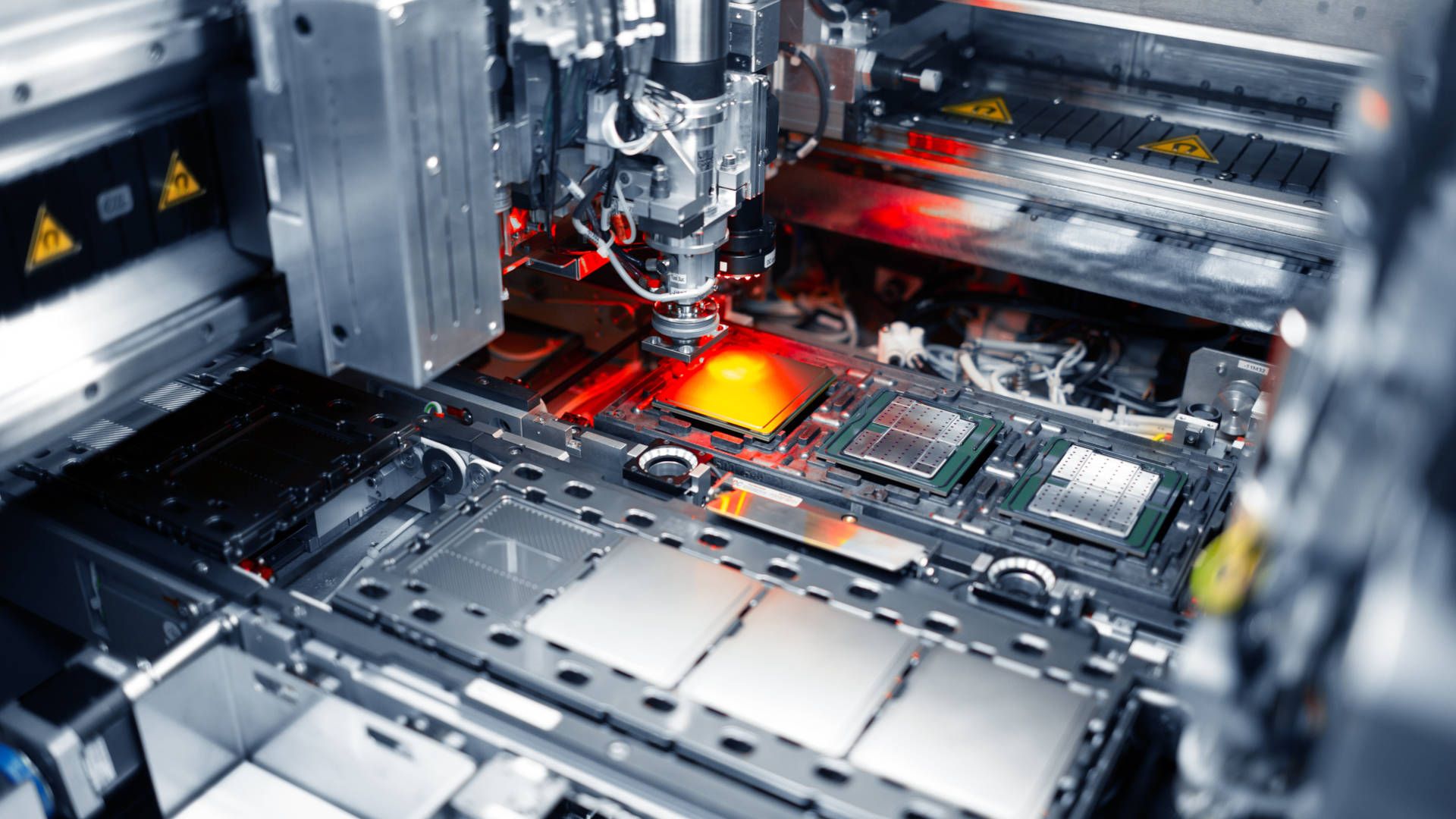Intel is sharing a few important updates on the Intel® Core™ 13th and 14th Gen desktop processor
Vmin Shift Instability issue investigation, including ongoing guidance for BIOS updates and settings and the status of upcoming next gen product families. Intel will be publishing another update by the end of September.
Future Product Update
Intel confirms that its next generation of processors, codenamed Arrow Lake and Lunar Lake, are not affected by the Vmin Shift Instability issue due to the new architectures powering both product families. Intel will ensure future product families are protected against the Vmin Shift Instability issue as well.
Unaffected Products List
Following the
recent warranty extension announcement for affected Intel Core 13th and 14th Gen desktop processors, Intel confirms these currently available processors are
not affected by the Vmin Shift Instability issue:
- 12th Gen Intel Core desktop and mobile processors
- Intel Core 13th and 14th Gen i5 (non-K) & i3 desktop processors
- Intel Core 13th and 14th Gen mobile processors – including HX-series processors.
- Intel Xeon processors – including server and workstation processors.
- Intel Core Ultra (Series 1) processors
Intel Core 13th and 14th Gen Desktop Processor BIOS Updates
While most Intel Core 13th and 14th Gen desktop processors are not impacted by the Vmin Shift Instability issue, Intel recommends all users continue following guidance:
- Ensure the system is running with the latest BIOS, which users can look up through Intel’s Compatibility Tool and/or their motherboard manufacturer’s website. Users can also learn more about how to update their BIOS by visiting the following site: How to Update BIOS.
- Utilizing the Intel Default Settings recommendations for their Intel Core 13th and/or 14th Gen desktop processor – including both Intel Core 13th and 14th Gen consumer, commercial, and entry workstation desktop systems.







